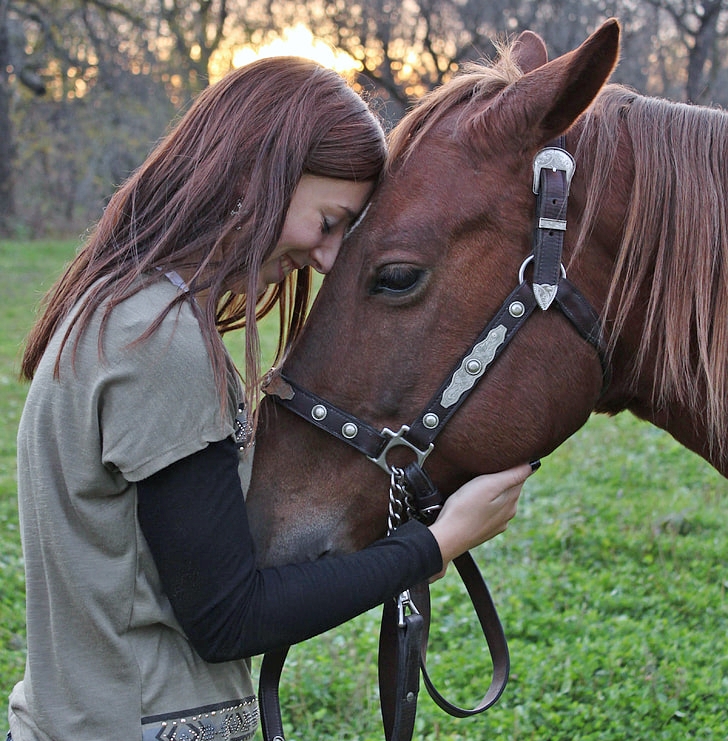Practicing Gratitude

A 2003 study found that individuals who maintain a gratitude journal exercised more regularly, were more likely to make progress toward their goals, slept better, felt more connected to others and were more optimistic. Practicing gratitude by talking about what you are thankful for, showing appreciation for things in your life and demonstrating kindness also increases dopamine and serotonin.
Notice and be grateful for the people who care for and support you by making a list of the individuals you can always text, call or E-Mail when you need to feel a connection. The next time you are struggling, use the list to reach out to someone. Call or text your parents more often and telephone your grandparents and tell them that you love them.
When you find yourself in a negative thought spiral, record two good things currently in your life. (They can be as simple as a hot shower.) Write positive affirmations (such as song lyrics or favorite quotes) and healthy coping mechanisms (like “Take a walk and drink some water”) on slips of paper and place them in a jar for when you need reinforcements. Consider making a collage with pictures of everything you are grateful for in your life.
Get to know your family members by asking questions: What did you learn today that was interesting? and What do you like most about school? (It is easy for adolescents to focus on things they do not like so challenge them to discover the positive.); What was the hardest part of your day?; Do you have a friend you especially respect and, if so, why?; and How would you spend a day off if you could do anything?
Avoid negative media and select one day of the week where you will not complain. Remember to say thank you to those who serve you in the community, like bus drivers, delivery people, restaurant workers and store clerks. Try to perform an act of kindness every day and smile more often. If someone does something nice for you, return the favor.
Gratitude can neutralize negative emotions. See the opportunities for growth in your mistakes and focus on your strengths. Ask, “Will this matter a year from now?” To make being grateful a habit, practice it at the same time every day. For example, create a daily Tweet; Facebook, Instagram or Pinterest post; or Snapchat Story that expresses gratitude. When you go to bed at night, think about three things you are grateful for. It will end the day on a positive note. Gratitude can improve your relationships, ability to empathize and overall happiness.